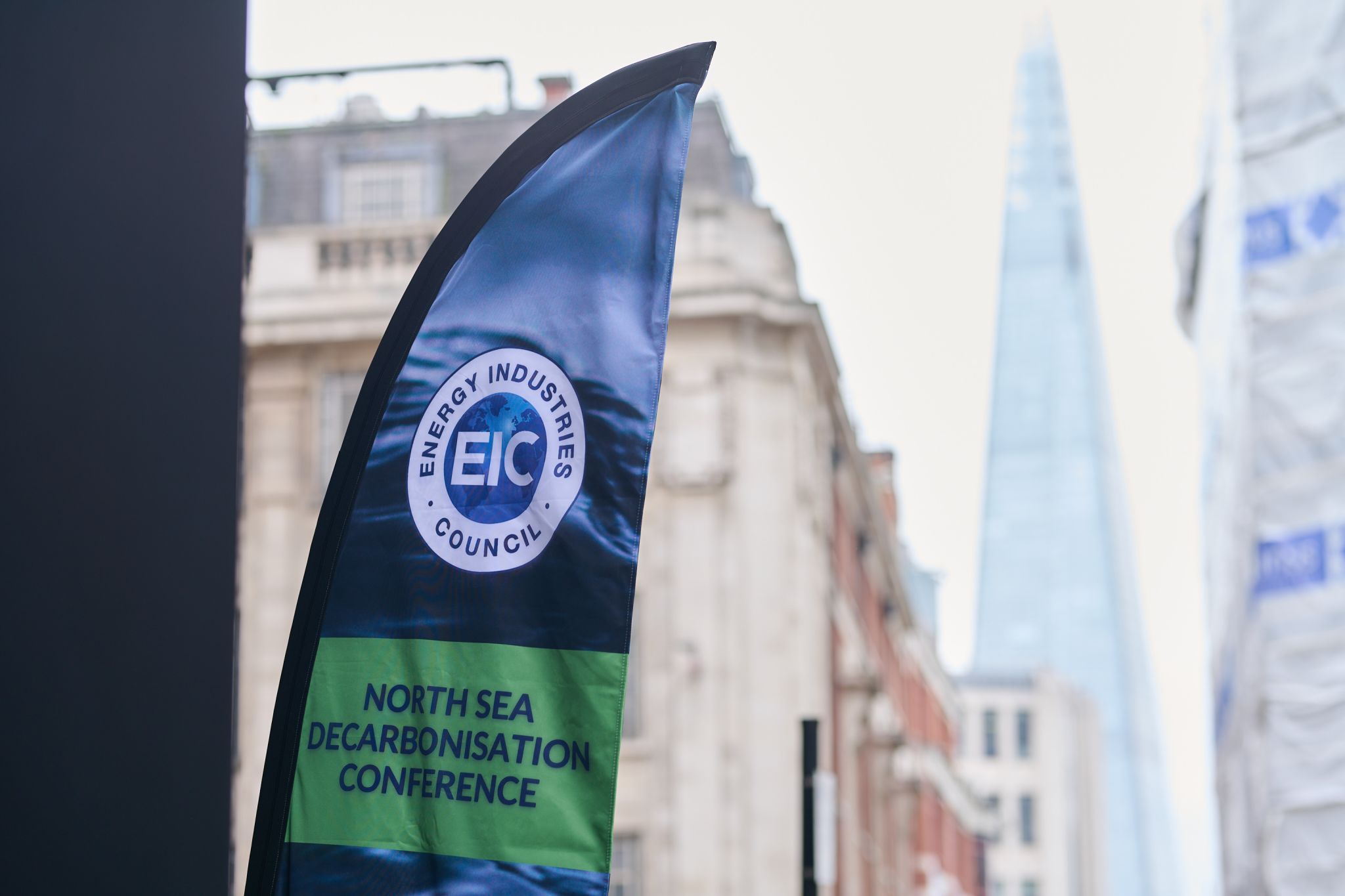
EIC’s North Sea Decarbonisation Conference 2025 (NSDC25) concluded yesterday in London after two days of thought-provoking discussions on policy, technology, and supply chain readiness for decarbonising the North Sea.
Day 2 opened with a keynote from UK Minister for Energy Michael Shanks, who urged supply chain companies to engage with the government on different energy issues.
Read more here about what he said: https://lnkd.in/eNtu3w-D.
Mr Shanks also asked supply chain companies to participate in the in the “Building the North Sea’s Energy Future” consultation to have a say in shaping energy policy.
Check the consultation document here: https://lnkd.in/er_3Hch5.
Day 2 sessions covered hydrogen, offshore and floating wind, among other issues.
Here are the highlights:
Hydrogen…
- 295 projects worth $121B are underway in the North Sea, with Germany leading in project volume.
- The UK’s HAR1 scheme has only funded 3 green hydrogen projects; delays between funding rounds risk missing the 2030 5GW target.
- Challenges include pre-construction bottlenecks, Brexit-related export hurdles, and unclear funding.
- HyNet emerged as a model, integrating CCS-enabled hydrogen with pipelines and storage.
Offshore Wind…
- 197GW global pipeline (32% floating), but permitting delays and inflation slow progress.
- The UK has a 55GW pipeline but only 18MW operational floating wind; Germany awarded 8GW in 2023.
- New UK initiatives: £50M Supply Chain Accelerator Fund and Crown Estate’s 20–30GW lease commitment by 2030.
Floating Wind…
- Star-layout turbines gain traction for cost efficiency and operational simplicity.
- Cerulean Winds advocates a North Sea-wide hub, aligning with O&G strategies to de-risk projects.
- INTOG leasing round is accelerating large-scale floating wind development.
Cross-Sector Insights…
1. Policy delays and funding gaps persist across hydrogen and wind.
2. Supply chain bottlenecks: Skills, ports, and standardisation need urgent attention.
3. Regional leaders: Germany, Norway, and the Netherlands benefit from clear frameworks.
4. Synergies: Wind-hydrogen hybrids and O&G integration could unlock faster progress.
For insights from day one, check out this post.
NSDC25 delegates made it clear that collaboration, policy clarity, and supply chain investment are critical to achieving the North Sea’s decarbonisation goals.
The NSDC25’s principal partner is ABL Group. Our organising partners are Belgium Tech, Netherlands Maritime Technology-IRO and WFO.